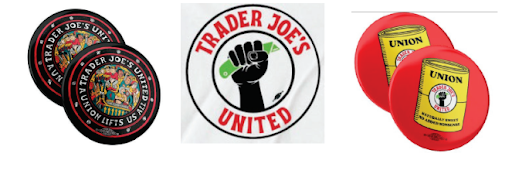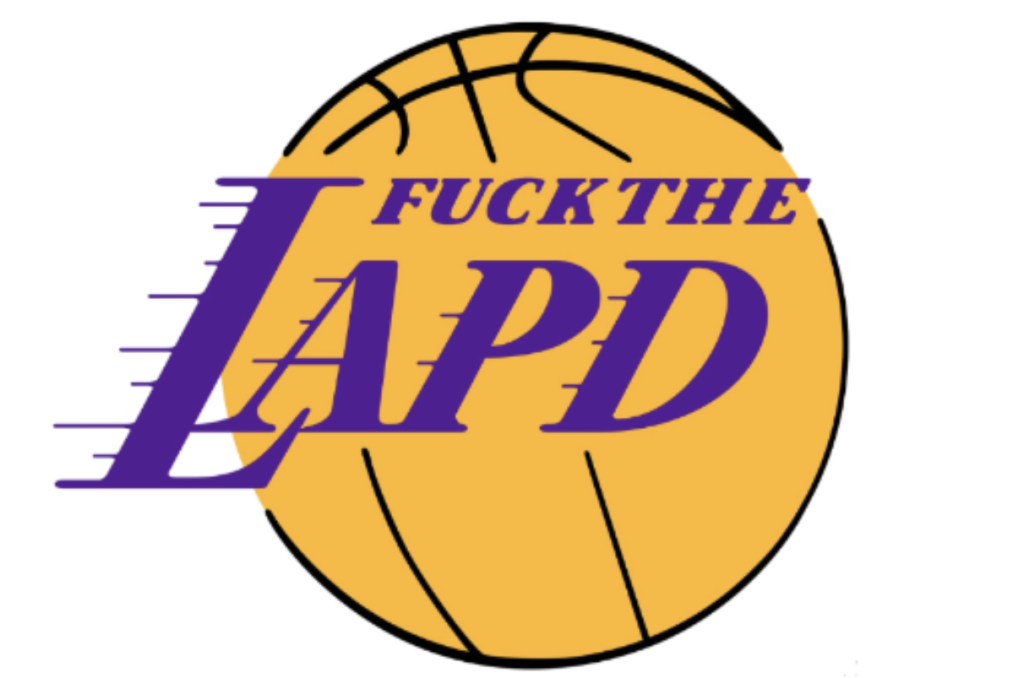June 25, 2024
When to Desist Before Telling Someone Else to Cease
The web is rife with articles explaining the importance of protecting a business’s trademarks. Some of them are even on this blog!
These articles usually (and correctly) point out that if someone is potentially infringing on your business’s trademark, it’s important to send a cease and desist letter or, if necessary, file a lawsuit because if others start to use your mark (or something like it) and the business doesn’t protect it, you can eventually lose trademark protection.
However, sometimes, it might be better not to start the legal ball rolling. I say this even though I’m a litigator, and yes, one of the ways I earn my living is by helping businesses sue for trademark infringement. Why? A couple of recent cases highlight the importance of taking a step back and thinking things through before sending that cease and desist letter or filing a lawsuit.
For starters, Trader Joe’s case against its employee union, Trader Joe’s United. The union sells mugs, tee shirts, and other merch branded with their Trader Joe’s United logo to raise money for organizing locations throughout the supermarket chain. Trader Joe’s claimed trademark infringement and sued. For comparison, here are Trader Joe’s marks:

And here’s what the union used:

The District Court granted the union’s motion, writing that it felt “compelled to put legal formalisms to one side and point out the obvious. This action is undoubtedly related to an existing labor dispute. It strains credulity to believe that the present lawsuit — which itself comes dangerously close to the line of Rule 11 — would have been filed absent the organizing efforts that Trader Joe’s employees have mounted (successfully) in multiple locations across the country.” In other words, the Court was saying that the real reason Trader Joe’s sued was to try and shut down the union, and that given the “extensive and ongoing legal battles of the Union’s organizing efforts at multiple stores, Trader Joe’s claim that it was genuinely concerned about the dilution of its brand resulting from [the Union’s] mugs and buttons cannot be taken seriously.” The Court went on to hold that no reasonable consumer would think that the union’s merch originated with Trader Joe’s — the central inquiry in a trademark infringement case. The Court also awarded the union its legal fees, noting in its decision that the case stood out “in terms of its lack of substantive merit . . . .” Ouch.
Famed restaurateur David Chang and his company, Momofuku, also recently lost a trademark battle they probably wish they hadn’t started. On the bright side for Chang and Momofuku, there was no lawsuit, and they weren’t unceremoniously kicked out of court like Trader Joe’s. However, they did have to issue an apology after sending a bunch of cease-and-desist letters to other Asian-American-owned businesses demanding that they cease and desist using the term “Chili Crunch.” (For those of you who mostly stick to milder foods, Momofuku Chili Crunch is a packaged “spicy-crunchy chili oil that adds a flash of heat and texture to your favorite dishes.”)
There was a lot of pushback on these letters from the recipients, who posted them to social media and shared them with mainstream media outlets, highlighting how Chang and Momofuku were trying to assert rights over a generic term frequently used in Asian and Asian-American gastronomic offerings. The companies (rightly) felt that Chang and Momofuku were trying to use their status and financial resources to attack other Asian-American-owned companies unjustifiably.
And then, there’s the case of the Los Angeles Police Foundation, a private group affiliated with the Los Angeles Police Department. It sent a cease and desist letter to a company selling tee shirts emblazoned with the words “Fuck the LAPD” on top of the Los Angeles Lakers logo.

In its letter, the LAPF asserted it is “one of two exclusive holders of intellectual property rights pertaining to trademarks, copyrights and other licensed indicia for (a) the Los Angeles Police Department Badge; (b) the Los Angeles Police Department Uniform; (c) the LAPD motto ‘To Protect and Serve’; and (d) the word ‘LAPD’ as an acronym/abbreviation for the Los Angeles Police Department . . .”
There are a lot of whiffs here for the LAPF. Strike one: Government agencies can’t get trademark protection for their names. Strike two: The LAPF isn’t the LAPD, so they have no basis for claiming infringement on something that isn’t even theirs. Strike three (it’s a doozy): Obviously, the logo on these shirts belongs to the Lakers, not the LAPF. Strike four: It’s fairly safe to assume that the shirt is meant as a parody and/or a political commentary, which are protected under the First Amendment.
Worth noting here is the tee shirt manufacturer’s carefully crafted response to the LAPF after receiving the cease-and-desist letter: “LOL, no.” That was literally the entirety of the tee shirt maker’s response—points for clarity, conciseness, and all-around humor.
What does this all mean? Well, if you send a cease and desist letter or file suit to protect a trademark you don’t actually have (LAPF), or if you’re trying to accomplish a goal that is not related to actually protecting your trademark (Trader Joe’s), you’re just going to be embarrassed. And while the Momofuku matter is more complicated and nuanced, it’s fair to say many companies use the term “Chili Crisp,” making Momofuku’s efforts to trademark it seem like the work of a bully.
So, the lesson here is that legal claims don’t exist in a vacuum. Examine the validity of your claims, but also consider the potential negative publicity and damage to your reputation before firing off cease-and-desists willy-nilly or filing suit. Even if you win in court, sometimes public opinion is the final judge, and no business wants to upset that judge.
